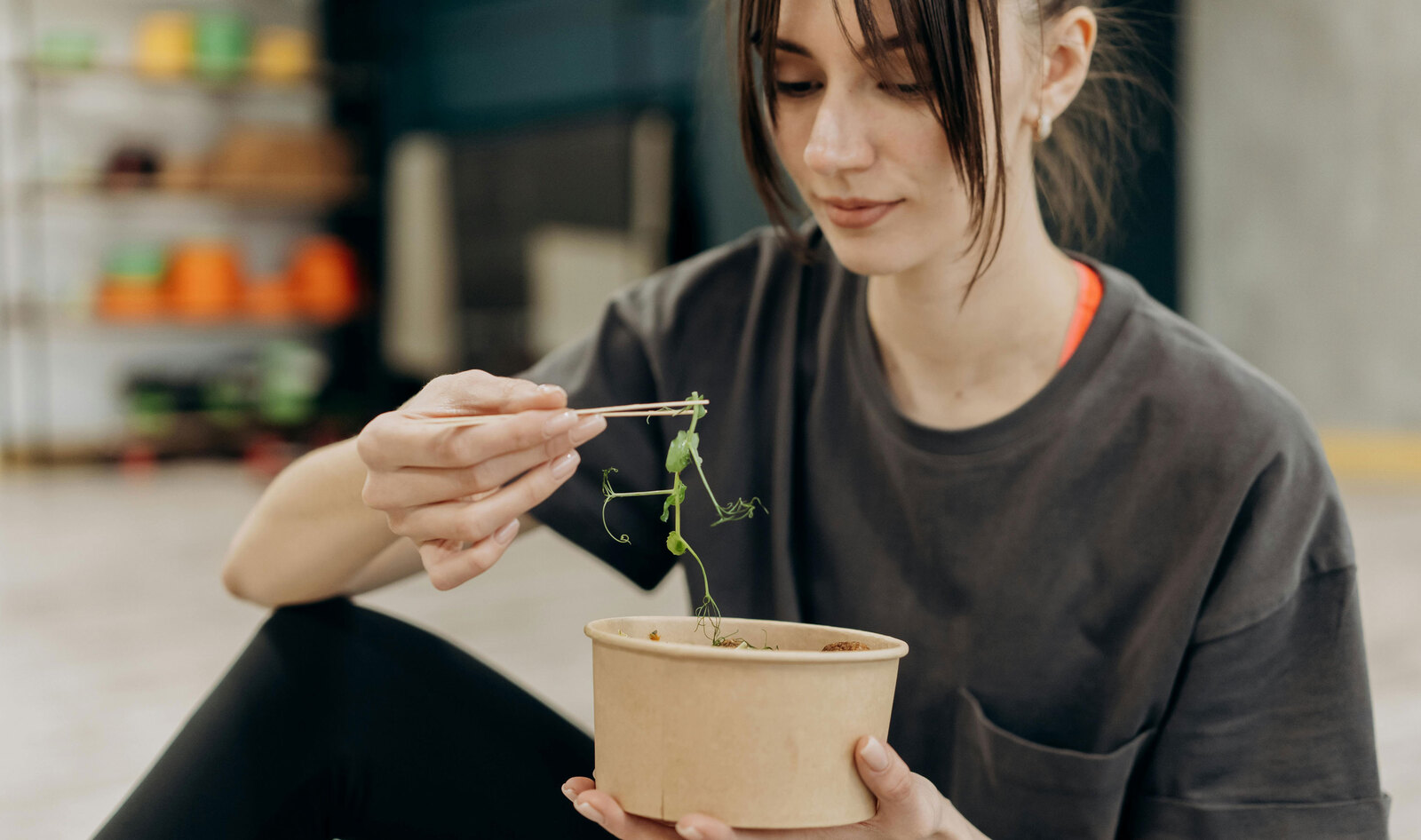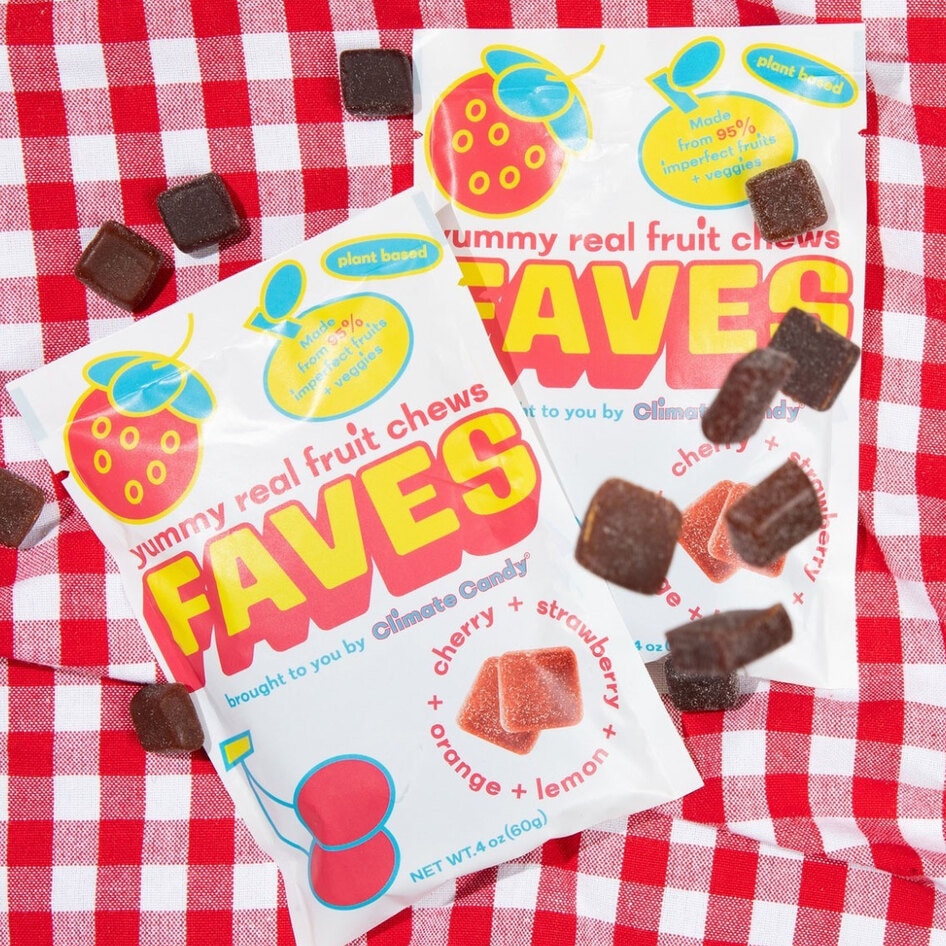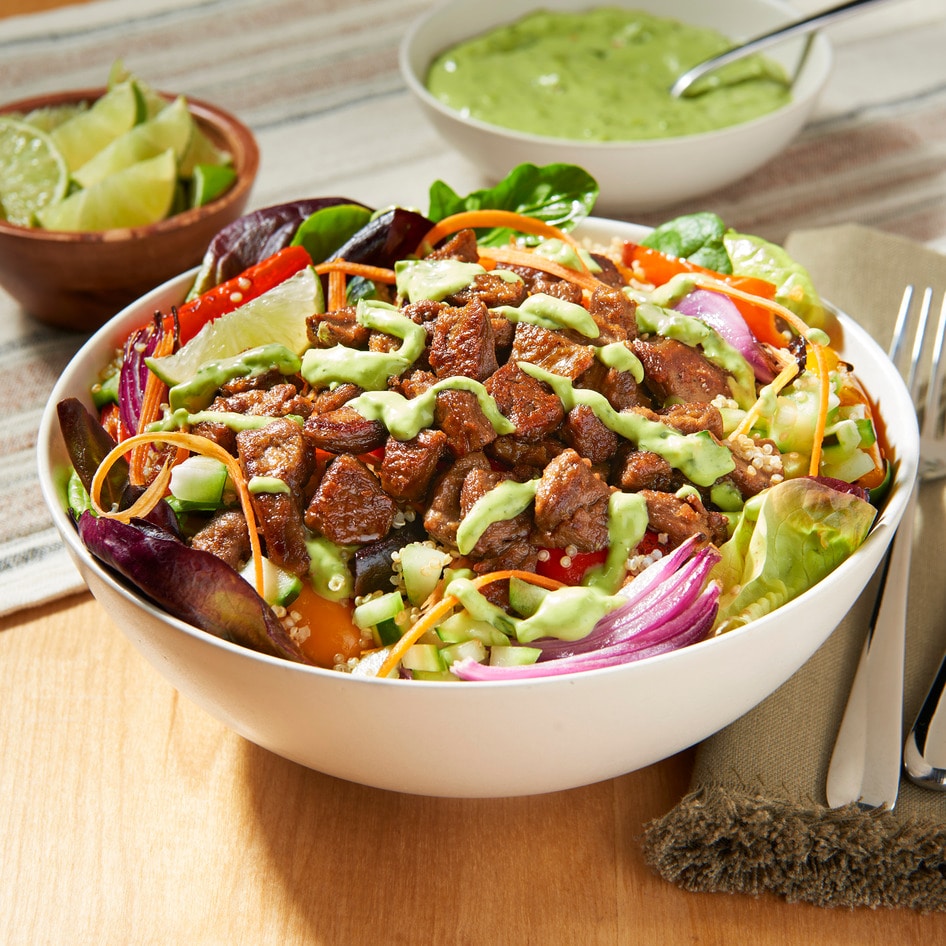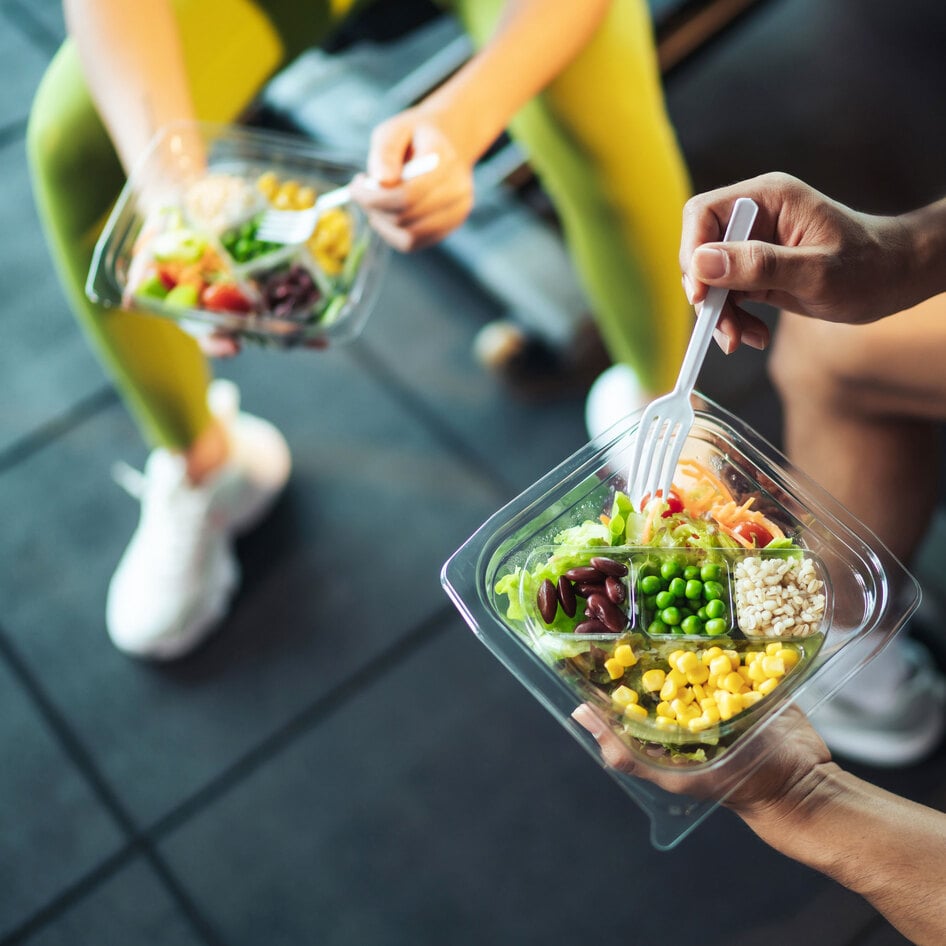With double Big Macs making a comeback at McDonald’s this year, are Americans actually interested in eating more sustainably?
The latest findings from Sodexo’s International Sustainable Food Barometer, developed in partnership with Harris Interactive, highlight a crucial shift in American consumer attitudes toward sustainable eating.
Surveying more than 5,000 individuals from Brazil, France, the United Kingdom, and the United States, this study provides valuable insights into the global state of sustainable food practices.
The barometer particularly emphasizes the growing interest in plant-based diets, the critical importance of reducing food waste, and the trend toward supporting local producers.
Americans want to eat sustainable foods
In the US, the survey found, 72 percent of participants recognized the urgent need for sustainable eating. Perceptions of sustainable food vary regionally, with 75 percent of West Coast or Pacific respondents viewing it positively, compared to 60 percent in the Midwest. Young adults aged 25 to 34 and higher income earners are more positive about sustainable food than their older and lower-earning counterparts.
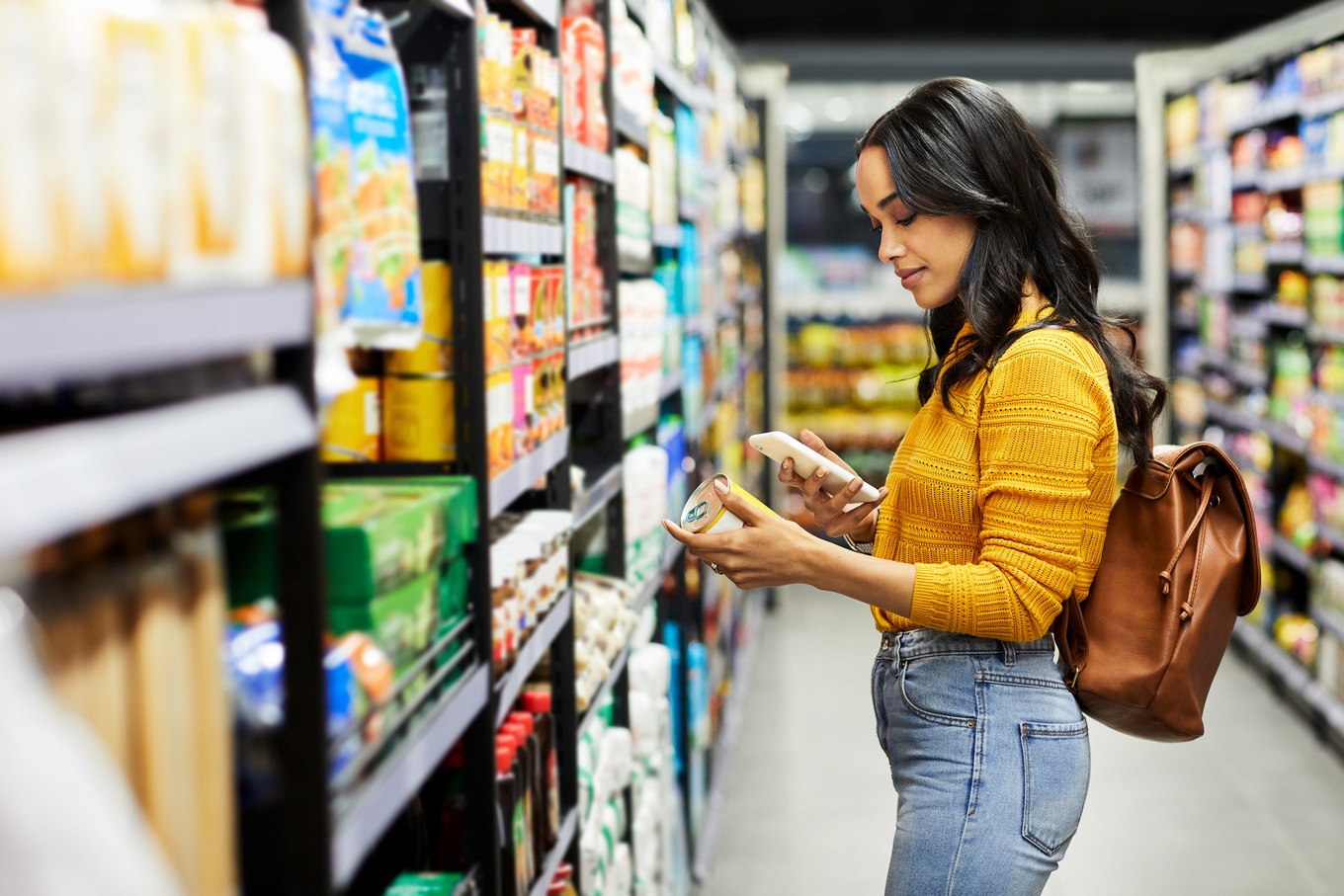
When purchasing food, Americans primarily consider price, then taste, while environmental impact and local origin are less important. Commonly consumed foods include dairy products, fresh vegetables, meat, and bread, with Americans eating more meat, processed foods, and oilseeds than those in other countries.
Additionally, students and employees are increasingly seeking sustainable eating options at educational institutions and workplaces. However, the main barriers to adopting sustainable diets here are price, availability, and taste.
More generally, health benefits and cost savings are the primary motivators for Americans adopting a more sustainable diet, with 46 percent driven by health impact and 35 percent by financial savings.
Currently, 60 percent of US citizens are reducing food waste, and half are buying local produce. Half of the citizens prioritize sustainable food over saving money, and two-thirds are willing to pay more for sustainable options.
However, there is a noted gap between the desire for sustainable eating and actual behavior.
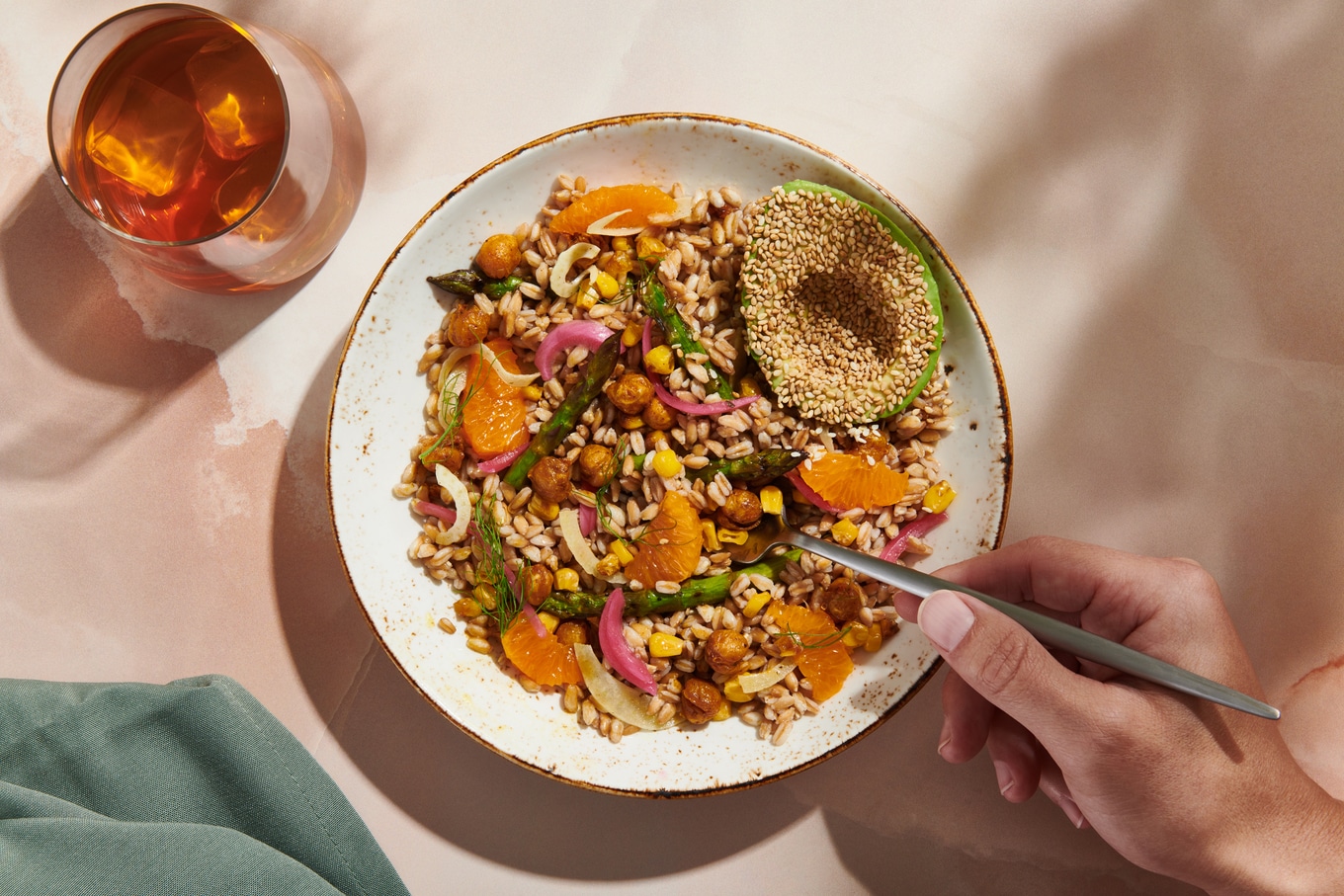 Sodexo
Sodexo
For its part, Sodexo has been working to increase the plant-based options it provides to the cafeterias it services and has learned a few things along the way.
“There are significant barriers that food service companies can address to close the gap between people’s desire to eat sustainably and their actual behaviors,” Jessica Synkoski, Vice President of Sustainability and Corporate Social Responsibility for Sodexo North America, tells VegNews. “I like to say make the sustainable option the delicious and easy choice.”
“First, those lower carbon, plant-based menu items still need to be flavorful, have an appealing name, and look and smell irresistible,” Synkoski says. “Don’t make consumers feel like they’ve sacrificed taste.”
Synkoski recommends making the most sustainable meal the default. “In other words, put it first on the menu, first in the buffet line, and don’t make consumers take an extra step to remove a less than sustainable topping,” she says.
Will consumers pay more for sustainable food?
Sodexo’s research was released at the same time as a smaller-scale survey conducted by food-tech company New Culture in partnership with AMC Global. This survey of 377 participants revealed insights about how American pizza lovers feel about New Culture’s animal-free cheese, a sustainable solution to dairy that New Culture makes using microbial fermentation that will officially launch this year at Pizzeria Mozza, owned by acclaimed chef Nancy Silverton.
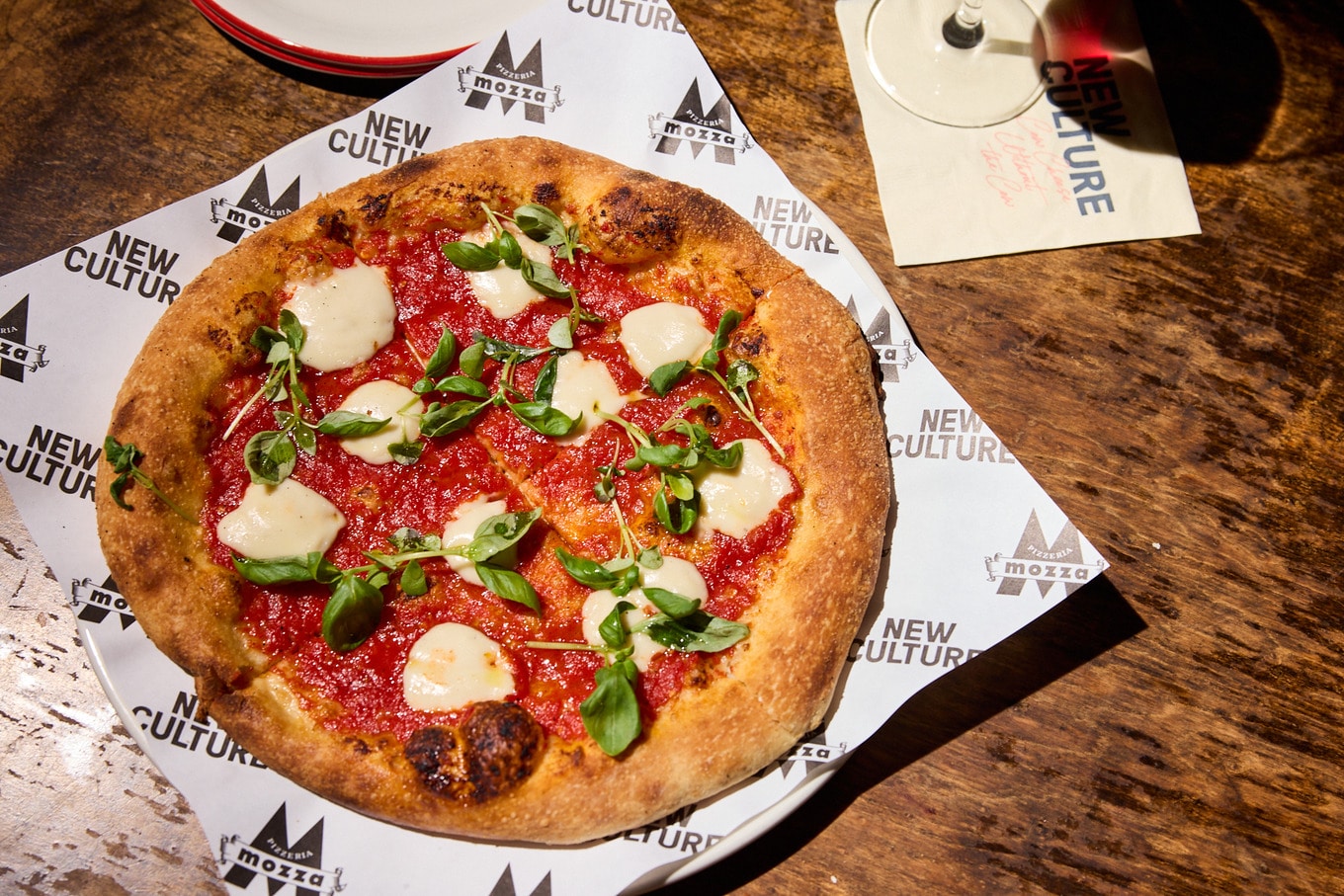 New Culture
New Culture
Key findings from New Culture’s study show a substantial interest in animal-free cheese alternatives extends beyond vegan consumers. In fact, 80 percent of the respondents who were interested in New Culture’s vegan cheese as a sustainable dairy alternative identified as omnivores.
“Our market research suggests New Culture is well-positioned across a number of categories that are important to consumers, like sustainable production and taste,” Shira Horn, Executive Vice President at AMC Global, said in a statement.
“It’s been so rewarding to gather these deep consumer insights on a first-of-its-kind product like New Culture’s animal-free mozzarella,” Horn said.
While New Culture and Sodexo found consumers are interested in sustainable foods, alternatives to animal products typically cost more when they hit the market due to a variety of factors, including government subsidies for animal agriculture.
But will consumers pay more to eat sustainably? The case of the Impossible Burger, New Culture’s study found, provides a clear example of consumers’ willingness to pay a premium for sustainable food options.
Initially priced significantly higher than traditional beef, the Impossible Burger was introduced at a cost four times that of traditional beef in 2019. Despite the premium price, the product saw high demand, illustrating a broader consumer trend toward valuing sustainability and ethical production in their food choices.
Over the years, the price of the Impossible Burger has decreased, yet consumers continue to show a willingness to pay more for innovative and environmentally friendly products.
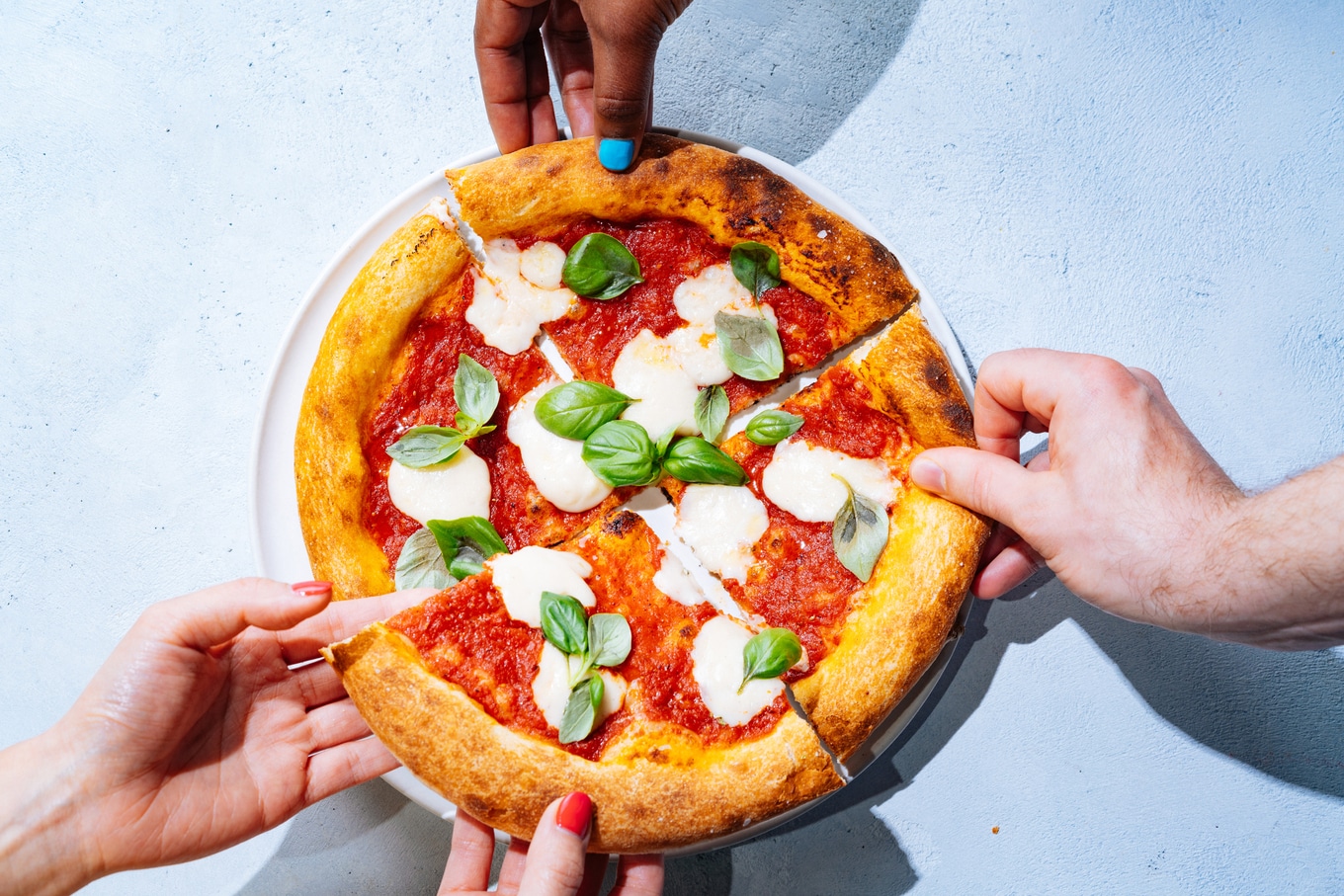 New Culture
New Culture
Akin to the Impossible Burger, the study shows that early adopters of New Culture’s animal-free mozzarella are willing to pay up to $4 more per pizza, highlighting the perceived value and demand for sustainable, innovative food solutions.
Together, Sodexo and New Culture’s findings point to an increasing awareness among consumers of the environmental and ethical impacts of their food choices and a readiness to adopt more sustainable practices, even at a higher price—a cost that will fall as novel alternatives to animal products reach economies of scale.
For the latest vegan news, read:
JUMP TO ... Latest News | Recipes | Guides | Health | Shop

